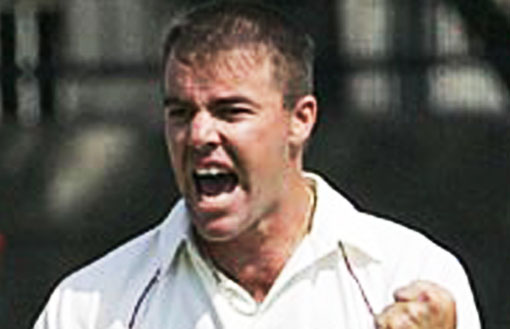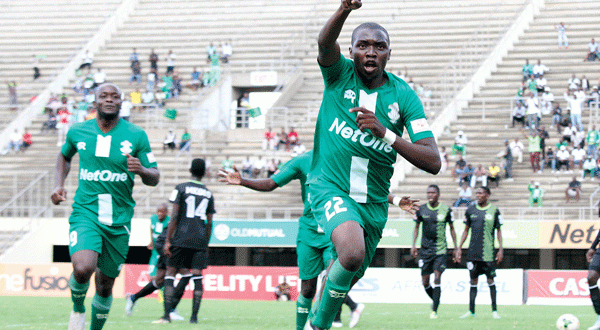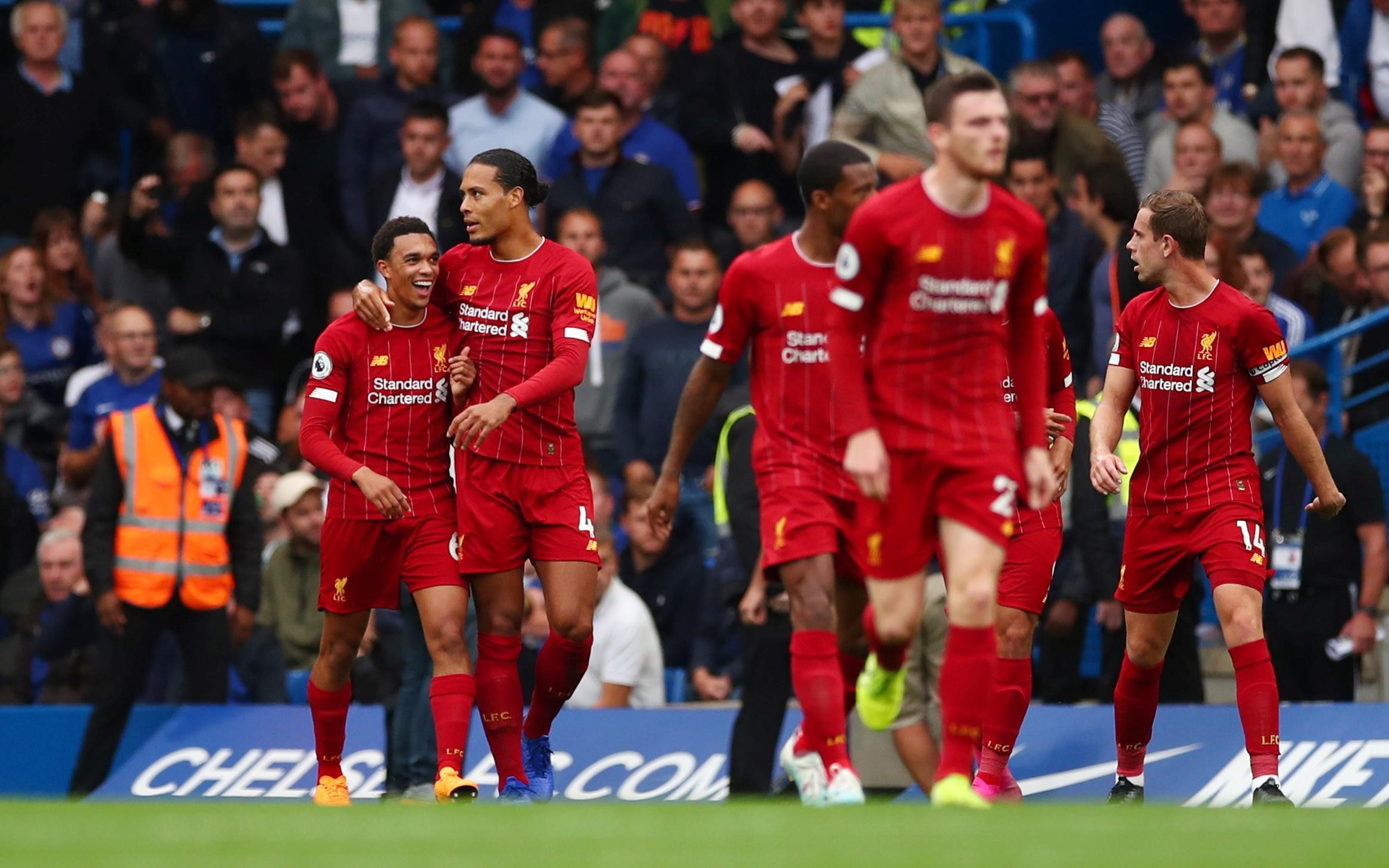
Former Zimbabwe captain Heath Streak (HS), discusses the harsh impact of the player exodus over the last decade and his best years.
Streak spoke to Subash Jayaraman (SJ) for ESPNCricinfo.com. Below are excerpts:
SJ: You were only 32 when your international career ended. Could you take us through the various things that happened in 2005 to 2006 which culminated in you choosing county cricket instead of Zimbabwe Cricket (ZC)?
HS: It all came down to our cricket board not having a clear policy on the integration that they had.
It put a lot of doubt in a lot of the young players in terms of their future. There was one instance of one of the first-class boards threatened to boycott because they felt that the team that had been selected didn’t represent the demographics of Zimbabwe.
It was a very unsettling time for everyone and all the players at that time — black and white — didn’t want these racial policies.
They just wanted to play cricket and felt that the best XI that we had in Zimbabwe — given that we were a small country anyway — should be the one that was picked.
Unfortunately, as we see in other places, sometimes the people who run and administer the game forget about players, because they are the most important product. If you look after your players and if they perform well, it is easy to make a success out of your home board and what is going on.
- Chamisa under fire over US$120K donation
- Mavhunga puts DeMbare into Chibuku quarterfinals
- Pension funds bet on Cabora Bassa oilfields
- Councils defy govt fire tender directive
Keep Reading
SJ: A listener says that he admired you for going against the board and resigning. Did you fear for your life under the (President Robert) Mugabe regime?
HS: No, not at all. It was really more people taking advantage of the political situation at that time. The Zimbabwe Cricket Union was making a lot of money and people who had no background or history in cricket suddenly were very interested in becoming a part of the hierarchy in ZC. That is where the problem started.
SJ: Would you say that the 1999 to 2003 team was the best side Zimbabwe ever had, the Flower brothers, Alistair Campbell, yourself, Murray Goodwin, Neil Johnson, Henry Olonga and others?
HS: Yes, I think so. I think there were great Zimbabwe cricketers, individual cricketers. But collectively that was probably the best team. There were some really good world-class cricketers at that time. Our results in that period showed it. We were able to beat many of the top teams regularly.
SJ: The 2003 World Cup is still spoken about in terms of the black armband protest by Andy Flower and Olonga in the match against Namibia. As the captain, what was it like for you when your teammates decided to protest the actions of the Mugabe regime?
HS: It was a very volatile and a very uncertain time for the politics of the country. That coincided with that World Cup. Unfortunately England didn’t come and play, that was rather unfortunate. We all wanted to play the game. It wasn’t an enjoyable time from that perspective.
In terms of Henry and Andy, that was something that they discussed themselves. I didn’t even know about it till it actually happened. It wasn’t something that was discussed among the players where they ask around if you wanted to join.
It was something that Henry and Andy felt that they wanted to personally do the thing together and it put the rest of us in the team under a bit of pressure. They were brave to do what they did. They made personal choices. We still got on and I thought the guys were really focused and continued to play hard despite all the media activity going on around the black-armband protest.
SJ: But as a captain, were you okay with what they did? They did put the spotlight squarely on you as the captain, because you were the one going to the press conferences. It takes the attention away from what you had on hand, which is to compete in the World Cup?
HS: Given the choice, I would have preferred it if they had not done what they did. But that their own personal choice and opinion. It did specifically put me under pressure.
But I handled that well and we kept the political aspect of things away from the cricket side. We still played some good cricket. The guys were still very focused. We wanted to make the Zimbabwean people proud. That was something that we were aware of and we did not let that affect our performance.
SJ: What were your feelings in terms of seeing a Zimbabwean team come together, like the 1999 to 2003 side that had some great players, but then suddenly it started to fall apart and ZC was basically in reset mode. What were you going through personally, as a cricketer, as a captain and as a well-wisher of ZC?
HS: I think the whole period from 2003 up until now has been a sad episode for ZC, given the number of players of good quality who departed after that World Cup.
Andy and Henry were leaving us for the UK. Murray and Neil went back to Australia and South Africa respectively. They continued to have good careers. We lost Sean Ervine, a world-class performer.
Travis Friend and Andy Blignaut stopped playing. Tatenda Taibu retired early. We had Gary Ballance, now playing for England, who left in that period because he didn’t see a future playing for Zimbabwe.
We had another person who left in that period, Kyle Jarvis, who retired recently. Another youngster who left during that period is also representing New Zealand now, Colin de Grandhomme.
We have lost some really good-quality players and other players who retired prematurely — Mluleki Nkala and Brighton Watambwa and Douglas Hondo. There is a huge group of people who should be still playing, maybe not all for their national team, but still playing cricket at the highest level, certainly in first-class cricket and being the senior players in the system and upping ZC.
We can see now in the recent series where they beat Australia. If things were managed properly between 2003 and now, we wouldn’t just be hoping for a regular upset every now and then. We could be a World Cup side.
You put those players (who left) alongside the world-class players that we have with the likes of Brendan Taylor and Hamilton Masakadza and Prosper Utseya and some of these young guys, we would have a real pool and a world-class team. That is the sad thing. — ESPNCricinfo.com









